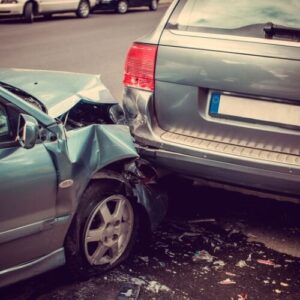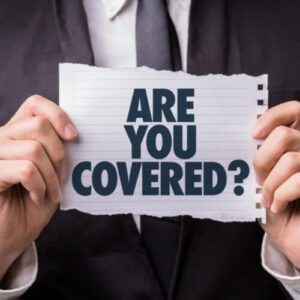[column width=”1/1″ last=”true” title=”” title_type=”single” animation=”none” implicit=”true”]

One of the most common questions people have after being injured in a Pennsylvania Car Accident is naturally: Who Will Pay My Medical Bills?
Most people think that the person who caused the accident is responsible, so his/her car insurance should pay. That makes sense, but is usually wrong.
Pennsylvania No Fault System
Pennsylvania works under a No Fault System for the payment of medical bills. What that means is that it doesn’t matter who was at fault for causing the accident. Medical Bill coverage comes from YOUR OWN CAR INSURANCE POLICY. This is regardless of what car you were in at the time of the crash or who was at fault for causing the accident.
If you are injured in a vehicle-related crash in Pennsylvania, then your own car insurance will pay your medical bills up to the amount of your coverage, which is usually $5,000, unless you paid for extra coverage (which you should because there are no co-pays or deductibles).
So, if you are injured as a driver of your own car, the driver or passenger of another car, as a pedestrian hit by a car, as a bus passenger, or as a bicycle rider hit by a car, YOUR OWN CAR INSURANCE will pay your medical bills.

Quiz Question
So, assume Karen is injured by being rear-ended while driving her boyfriend Tom’s car that was hit by Henry who was drunk and on his cell phone. Karen doesn’t have car insurance but lives with her parents and they do. Whose car insurance pays Karen’s medical bills???
The answer is Karen’s parents’ car insurance. Car insurance follows the person, regardless of how they are injured or what car they are in. As a relative residing with her parents, Karen is covered under her parents’ policy, so it is first in line to pay her medical bills.
What if Karen did not live with her parents? Then, Tom’s policy would apply because Karen was driving his car with permission and is covered by his policy.
What Happens When No Fault Benefits Run Out?
If you are injured in a Car Accident and No Fault Medical Benefits are exhausted, then if you have health insurance, it has to pay your bills like any other illness. However, your health insurance co-pays and deductibles will apply.
You can make a claim on the insurance of the driver responsible for causing the crash for reimbursement of the deductibles and co-pays. Also, in some situations you may be required to make a claim for the medical bills your Health Insurance paid and pay the money back to your health insurance company. This is called Subrogation. Some health insurance plans can subrogate, and some cannot, so you or your lawyer will need to investigate.
If you have any other questions about your legal rights after a Car Accident contact Tim Rayne at 610-840-0124 or trayne@macelree.com or visit www.TimRayneLaw.com.

[/column]
